Our Motto:
Aeternum Dilatantur
"Forever Expanding"
Our Virtues:
Excellence
Law
Profit
Welcome to Spring 2014!! Our goal for the semester is to bring you, interesting and educational information, on the most current law questions being posed throughout this diverse country. "Capit Vires quod Sapientia : habeo virtus quod prosperitas"-It takes great Strength and Wisdom; to have Courage and Success
 The issue at hand is to determine whether farmer Vernon Hugh Bowman, 75, of Indiana, can grow Monsanto's "Roundup Ready" genetically modified soybeans without contracting with Monsanto. Monsanto sold its beans to farmers with a contractual agreement for farmers to not save seeds; thus requiring farmers to contract with Monsanto for every crop cycle.
The issue at hand is to determine whether farmer Vernon Hugh Bowman, 75, of Indiana, can grow Monsanto's "Roundup Ready" genetically modified soybeans without contracting with Monsanto. Monsanto sold its beans to farmers with a contractual agreement for farmers to not save seeds; thus requiring farmers to contract with Monsanto for every crop cycle.